Prospective students and families should visit the colleges and universities. Talk to the people who provide support, assess the culture and “feel” of the community, and find the best fit for the individual.


Prospective students and families should visit the colleges and universities. Talk to the people who provide support, assess the culture and “feel” of the community, and find the best fit for the individual.
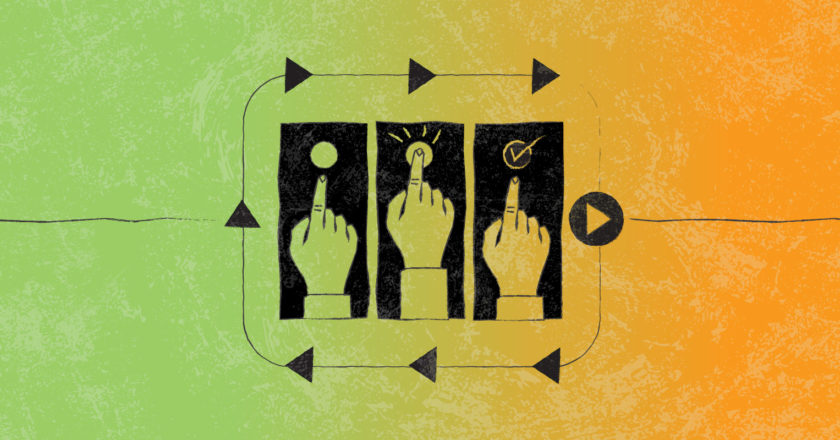
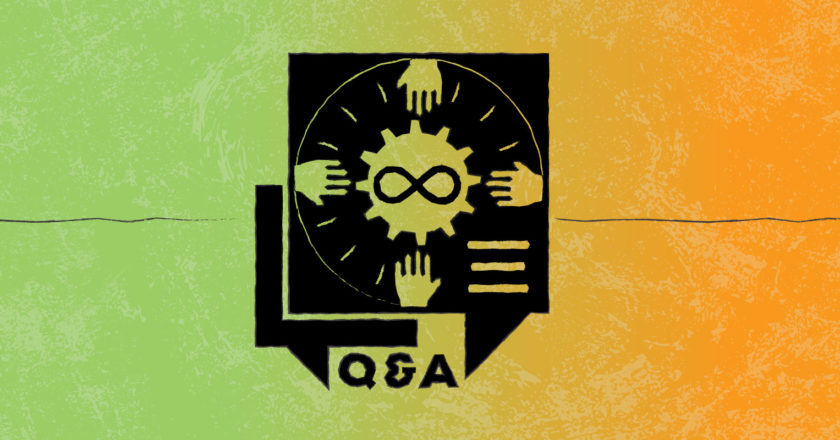
Video. Brief overview of the kinds of supports students and families can expect in the college environment. Can vary a lot by institution.

Your academic journey may take some time, maybe even lots more time. Do your best and enjoy the ride, and don’t judge your self-worth by the length of time it takes to complete a degree, the grades you earn, or the salary you make.
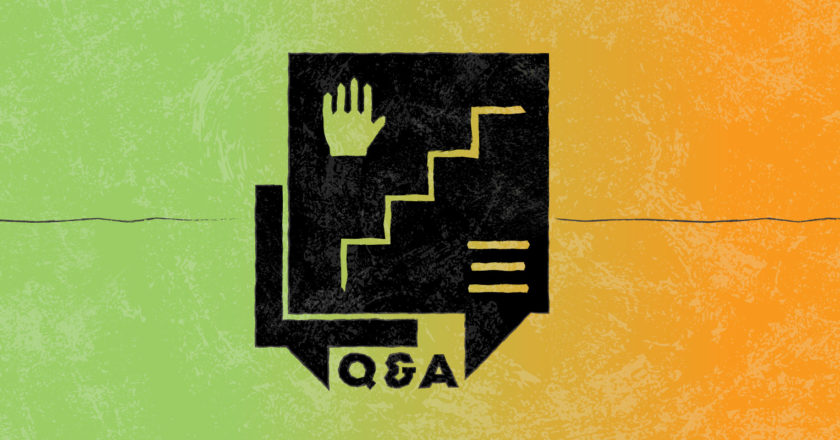
Video interview. How should families navigate the transition from HS to college with their autistic student? Steps to take now for increased self-advocacy and for encouraging internal motivation.
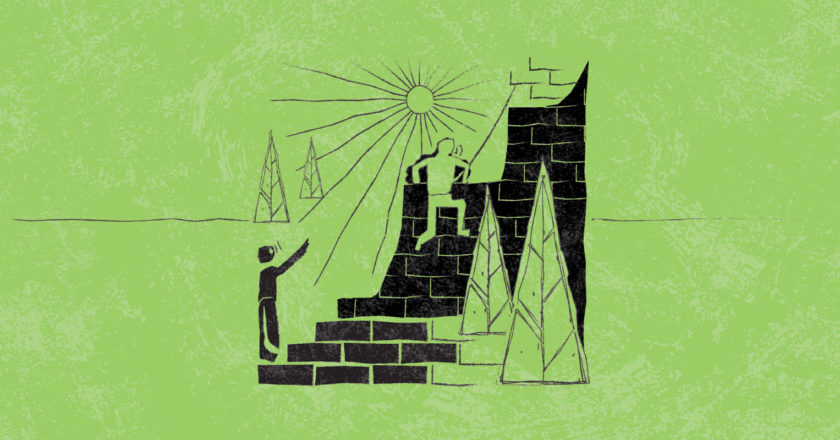
Video with subtitles. A brief but wide-ranging exploration of what a successful transition takes and how to achieve it.
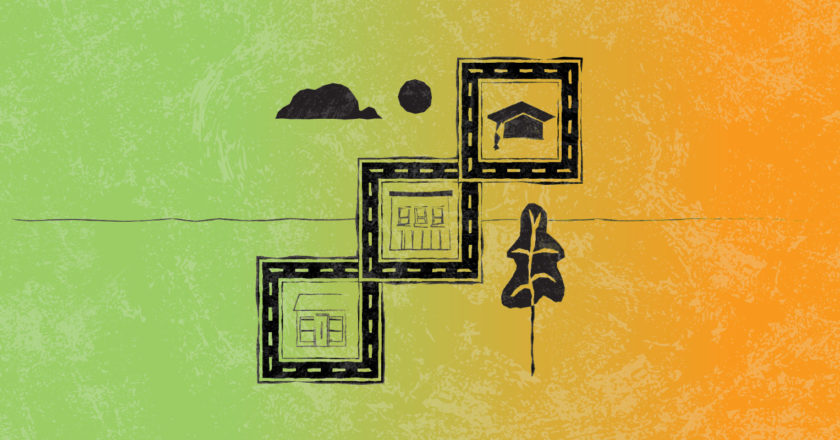
Video Interview. Founding the Coalition for Autism Support at Tufts (CAST) created a sense of community that…I thought I would never have.
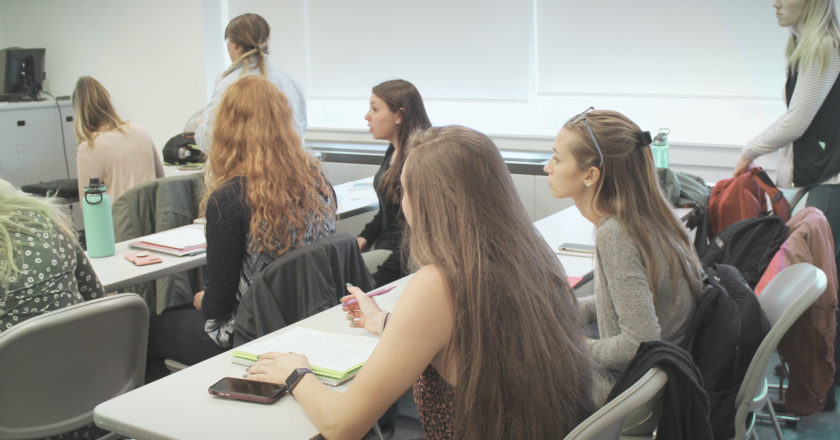
Video Interview. Attending dual enrollment classes allows students to get used to college work and what the demands are going to be. Plus, they accrue college credit in HS.
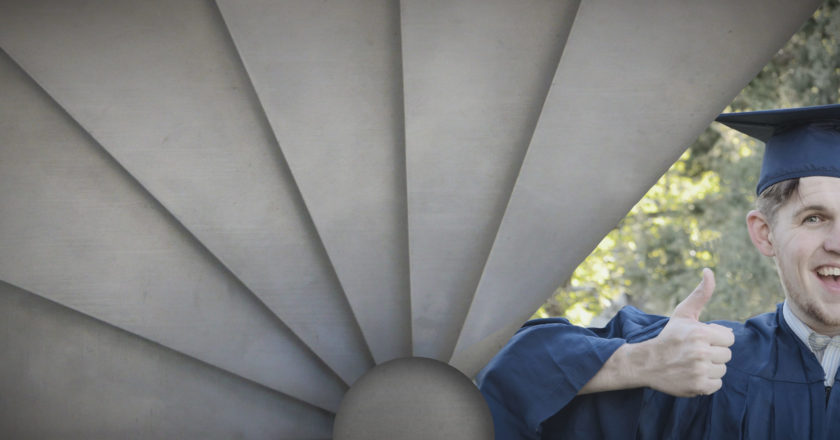
Video Interview. Students can find the community-based ethos of a community college conducive to taking smaller steps and breaking processes into manageable parts.

Video interview. If transitioning to college becomes part of your everyday conversation, it becomes much easier for students to adapt.